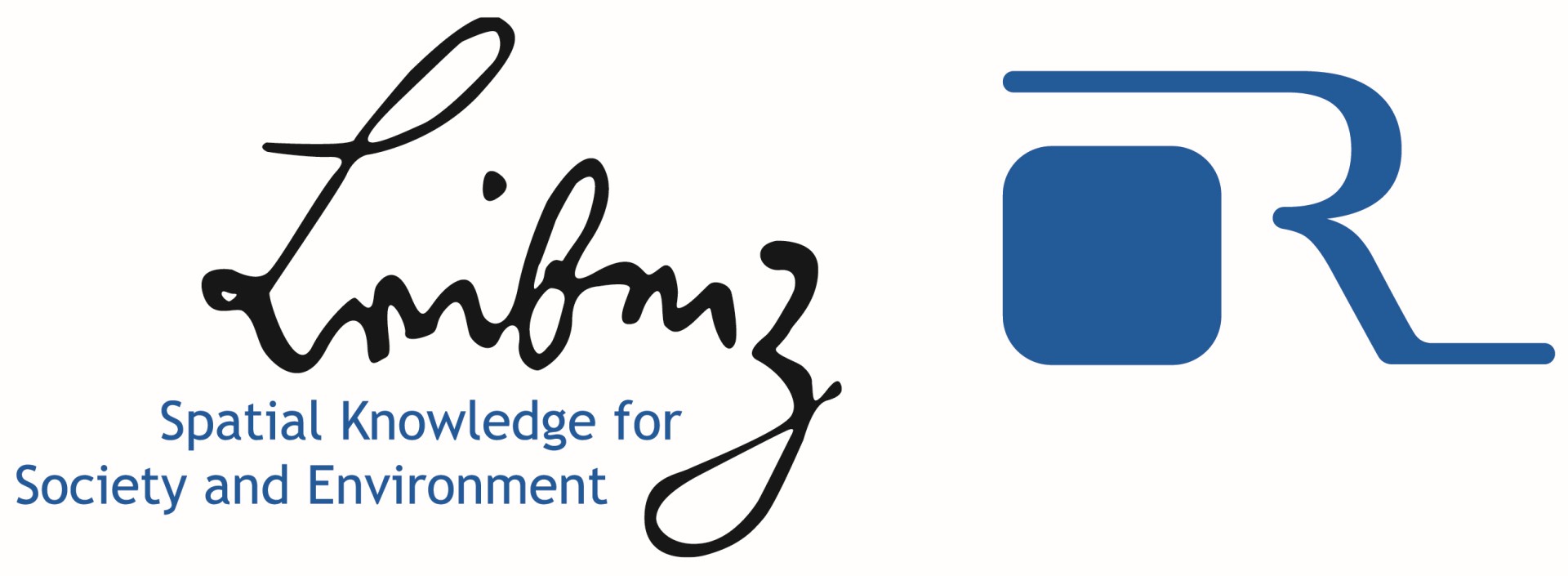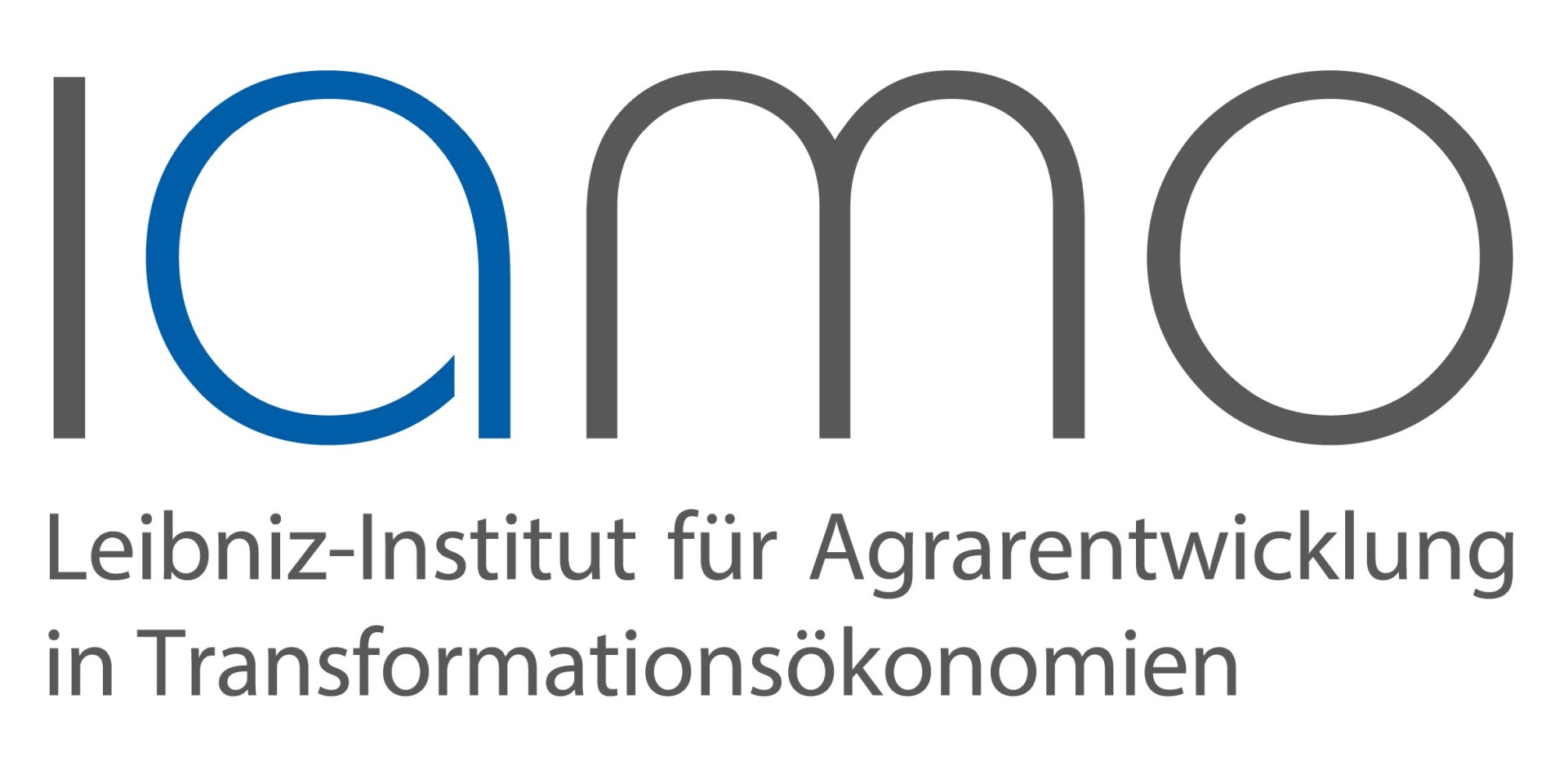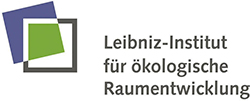Spatial research network Leibniz R

Spatial research network “Spatial Knowledge for Society and Environment – Leibniz R“
- Website of the spatial research network “Leibniz R“
The six spatial science institutions of the Leibniz Association, together with the Thünen Institute and the ILS, form a powerful network of spatial research on a national scale. Within the Leibniz research network “Spatial Knowledge for Society and Environment“ – “Leibniz R“ the following institutions collaborate:
- ARL – Academy for Territorial Development in the Leibniz Association, Hannover
- IAMO – Leibniz Institute of Agricultural Development in Transition Economies, Halle/Saale
- IfL – Leibniz Institute for Regional Geography, Leipzig
- ILS – Research Institute for Regional and Urban Development, Dortmund
- IÖR – Leibniz Institute of Ecological Urban and Regional Development, Dresden
- IRS – Leibniz Institute for Research on Society and Space, Erkner
- Thünen-Institute – Johann Heinrich von Thünen Institute, Federal Research Institute for Rural Areas, Forestry and Fisheries, Braunschweig
- ZALF – Leibniz Centre for Agricultural Landscape Research, Müncheberg
The network publishes the journal “Raumforschung und Raumordnung | Spatial Research and Planning“ (RuR). In addition, “Leibniz R“ regularly organises events such as the biennial “Spatial Science Colloquium“ to promote dialogue and exchange between science, politics and practice on current issues of spatial development. Regular meetings and workshops, other publicity events, offers to promote young scientists and the joint issuing of scientific publications are also on the network’s agenda.
Institutes

The ARL – Academy for Territorial Development in the Leibniz Association offers knowledge-based analysis and advice on current sustainable spatial development issues. The specific working method of the ARL, which is transdisciplinary and network-based, allows for close collaboration and a wide-ranging exchange of ideas and knowledge between members of the academic community and planning practitioners. The ARL’s network of eminent experts from science and practice carries out research and knowledge transfer activities within the Academy’s joint working bodies, thus offering important insights and findings for the future-oriented development of spatial structures and the political and planning measures necessary for shaping them.
- ARL – Academy for Territorial Development in the Leibniz-Association
Carolin Pleines (Science Communication)
Tel. +49 (0)511 34 84 2-54
E-Mail: pleines@arl-net.de
www.arl-net.de/en

The IAMO analyses economic, social and political processes of change in the agricultural and food sector, and in rural areas. The geographic focus covers the enlarging EU, transition regions of Central, Eastern and South Eastern Europe, as well as Central and Eastern Asia. IAMO works to enhance the understanding of institutional, structural and technological changes.
- Leibniz Institute of Agricultural Development in Transition Economies (IAMO)
Sina Lehmann (Öffentlichkeitsarbeit)
Tel. +49 (0)345 29 28-330
E-Mail: slehmann@iamo.de
www.iamo.de/en

The research carried out at the Leibniz Institute for Regional Geography is concerned with spatial structures and current developments that have a spatial impact in Europe, as well as with the theoretical and historical foundations of Regional Geography. Under the heading “Geographies of the regional” the researchers analyse ongoing processes, particularly in Central and Eastern Europe. An important area of the institute´s work is the presentation of research findings for specialist and more general audiences.
- Leibniz Institute for Regional Geography (IfL)
Dr. Peter Wittmann (Public relations)
Tel. +49 (0)341 600 55-174
E-Mail: p_wittman@leibniz-ifl.de
www.leibniz-ifl.de/en

The Leibniz Institute of Ecological Urban and Regional Development focuses on ecological aspects of sustainable development. Our concern is the scientific basis for the sustainable development of cities and regions in the national and international context. We investigate causal relationships between the natural environment and society and the options available to society for influencing them. Particular attention is paid to the global and regional challenges of urban and regional development, for example those posed by climate change and demographic change. Based on its research, the IOER advises political actors and society. Through this knowledge transfer, the institute firmly anchors questions pertaining to ecological urban and regional development within the societal discourse.
- Leibniz Institute of Ecological Urban and Regional Development (IÖR)
Heike Hensel (Media and public relations)
Tel. +49 (0)351 46 79-215
E-Mail: h.hensel@ioer.de
www.ioer.de

The Leibniz Institute for Research on Society and Space is conducting problem-oriented basic research on development capacity, versatility and adaptability of space and thus the spatial dimension of social action in local, national and international relations. Spatial phenomena are explored in terms of both processual and historical dimensions using social-scientific methods. The research focuses on the preconditions, interactions, and consequences of spatial development, and how involved actors contribute to these developments by sharing insights and cooperating on processes of innovation. For instance, the IRS examines how the exchange of knowledge between academics and spatial planners facilitates the emergence of new approaches to spatial planning.
- Leibniz Institute for Research on Society and Space (IRS)
Dr. Felix Claus Müller (Research communication)
Tel. +49 (0)33 62 793-159
E-Mail: felix.mueller@leibniz-irs.de
www.leibniz-irs.de

The ILS – Research Institute for Regional and Urban Development is a non-university urban research institute which explores the dynamics and diversity of urban change in international comparison. The aim of our application-oriented basic research is a better understanding of recent urbanisation processes, in order to gain inter- and transdisciplinary insights into the socially, ecologically and economically sustainable transformation and design of urban spaces at different spatial scales, and in active dialogue with practitioners, policy-makers and societal stakeholders.
- ILS – Research Institute for Regional and Urban Development
Theresa von Bischopink (Press and public relations)
Tel. +49 (0) 231 9051-131
E-Mail: theresa.vonbischopink@ils-research.de
www.ils-forschung.de

The Johann Heinrich von Thünen Institute – in short: Thünen Institute – is a scientifically independent Federal research institute at the interface of science, politics and society. The work of the Thünen Institute comprises research including long-term monitoring and science-based policy advice. It is oriented towards the social goal of achieving the sustainable use of natural resources and ensuring the vital development of rural areas. The Research Section Rural Areas examines living conditions as well as economic and working conditions in rural areas. It conducts research on the causes of their development and evaluates potential courses of action for policy-makers and other stakeholders.
- Thünen Institute – Johann Heinrich von Thünen Institute, Federal Research Institute for Rural Areas, Forestry and Fisheries – Research Section Rural Areas
https://www.thuenen.de/en/

Mission of ZALF is to deliver solutions for an economically, environmentally and socially sustainable agriculture – together with society. As a contribution to overcoming global challenges such as climate change, food security, biodiversity conservation and resource scarcity, we develop and design crop systems integrated in their landscape contexts that combine food security with sustainability. Therefore we process complex landscape data with a unique set of experimental methods, new technologies and models as well as socio-economic approaches.
- Leibniz Centre for Agricultural Landscape Research (ZALF)
Hendrik Schneider (Öffentlichkeitsarbeit)
Tel.: +49 (0)33432 82-223
E-Mail: hendrik.schneider@zalf.de
www.zalf.de/en/Pages/ZALF.aspx





